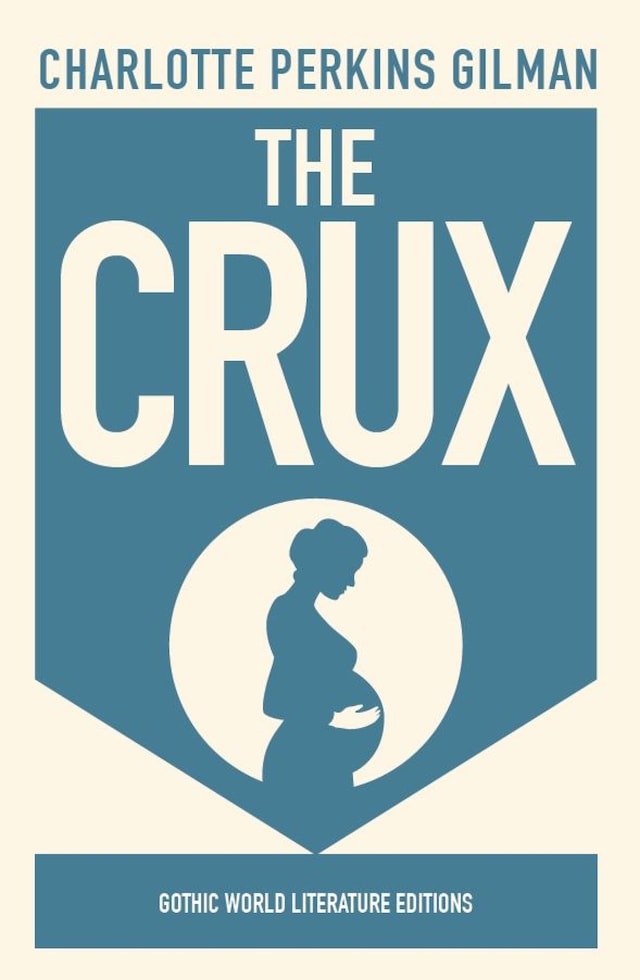
The Crux
Description of book
"In place of happy love, lonely pain. In place of motherhood, disease. Misery and shame, child. Medicine and surgery, and never any possibility of any child for me."
First published in her magazine The Forerunner, Charlotte Perkins Gilman's The Crux is an emotive tale on the nuances of female independence, social expectation and love in early 20th century America.
Following an all-female group who move west to open a boarding house for men, The Crux focuses on the experience of Vivian ― and her desire for the undesirable. Deeply in love with Morton, a charismatic young man infected with both syphilis and gonorrhoea, Vivian's expected journey through her 'marriage' years is abruptly turned upside down.
Torn by her personal intuition, the advice provided by her female companions and the knowledge that Morton will never give her healthy children, Vivian is faced with a permanent choice ― to forfeit love for the benefit of future generations.
Balancing female and male perspectives on illness, personal preservation and nationalism, The Crux tracks Vivian's path through heart break, emotional development and female camaraderie.
As an allegory for Gilman's own branch of utopian feminism, The Crux is a story of sacrifice and partnership deliberation within the framework of 20th century disease hysteria, eugenic ideology and developing modernism.
Often omitted from her writing canon, The Crux is an integral aspect to understanding not only Gilman's own writing ― but the history of feminism as a whole.
"The Crux is essentially a seminar in biological, feminine and social correctness. As stated in the original Forerunner publication, the novel was intended for a specific set of people - young and impressionable women primarily, followed by men and anyone else willing to listen. The Crux, in its barebones, is a nationalist parable for all of America to heed."
from Ambrose Kelly's new introduction to The Crux
* * *
Charlotte Perkins Gilman (1860 – 1935) was an American humanist, novelist, writer of short stories, poetry and nonfiction, and a lecturer for social reform. She was a utopian feminist and served as a role model for future generations of feminists because of her unorthodox concepts and lifestyle.
 Charlotte Perkins Gilman
Charlotte Perkins Gilman 194 Pages
194 Pages